Leírás
Seiji Ito tokoname teáskanna

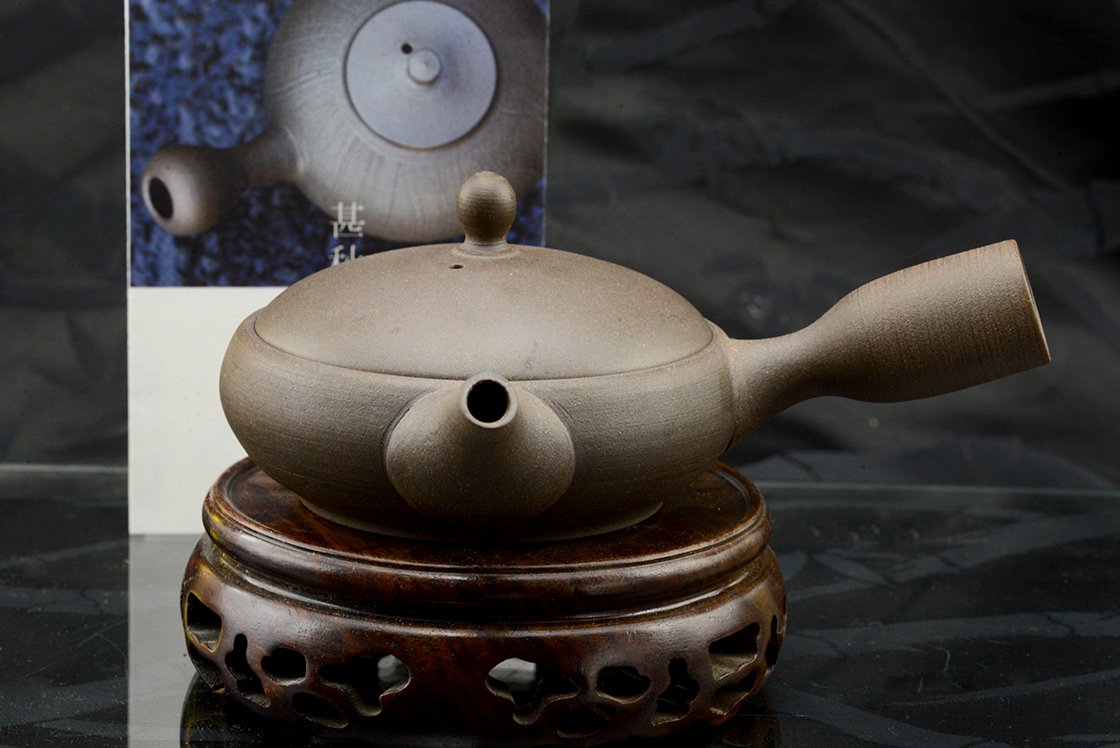
Seiji Ito tokoname kyushu japán nyeles teáskanna
Ez a kanna tulajdonképpen nem önmagában kanna, hanem egy kanna, amit a szűrő köré építettek fel. Valóban egy gyokuro, vagy finom sencha kanna, amiben döntő szerepet szántak a tökéletes, lassú és egyenletes szűrőnek. Az aprólékosan kivitelezett szűrő igen nagy kihívást jelent nem csak a nyers formázás, hanem az égetés közben. Szóval a kanna elve, terve, precíziós kivitelezése és a vele készíthető tea indokolják az árát. No meg a mester neve. Itô Seiji,művésznevén Jinshû, 40 éves tapasztalattal a Tokoname kerámia mestere, különleges alakja, aki elsősorban a használhatóság és a funkcionalitás felől közelít a kerámiához, azon belül a teás eszközökhöz. Az ennek érdekében tett erőfeszítések mentén kialakuló formák és szépség már csak kellemes következményei a kanna funkciójának.
A kannát eredeti papírdobozában igazolással szállítjuk.


Most of what people think is so profound in Heidegger–the distinction between the essence and existence of man, expressed in a projection of self that he strives for but never finally becomes; metaphysical homelessness, or ‘philosophy as homesickness’; death, finitude, and anxiety; the non-conscious or extra-conscious Absolute that conditions history and the subject’s relationship to its world without ever falling under our conscious control–has already been expressed more lucidly by Romantics like Schelling, Holderlin, and Novalis; by philosophers of life like Kierkegaard and Nietzsche; and by novelists like Tolstoy. His innovation was to encase these original insights in a phenomenological integument and to latch the whole thing to an obscure, extra-rational ‘problem of Being’, whose ultimate ineffability provides endless escape-routes from anyone challenging him on Hegelian lines. Viz., how can you speak, even indirectly, about a reality (or groundless ground of reality, as the case may be) that in principle eludes conceptualization? To affirm even its negative outline, as what cannot be discursively known, is nonetheless to predicate something of it. But this calls the very claim of its ultimate inscrutability into question, as was known by every post-Kantian critic of the ‘thing-in-itself’ as the external source for ideational ‘material’ passively received by sensibility. If he truly wants to pay tribute to Kierkegaard, Heidegger should at this point simply fall silent, like the knight of faith called before the ethical community to account for his actions. I know he’s only interested in posing ‘questions’, but I think his disciples should concern themselves more with answers.









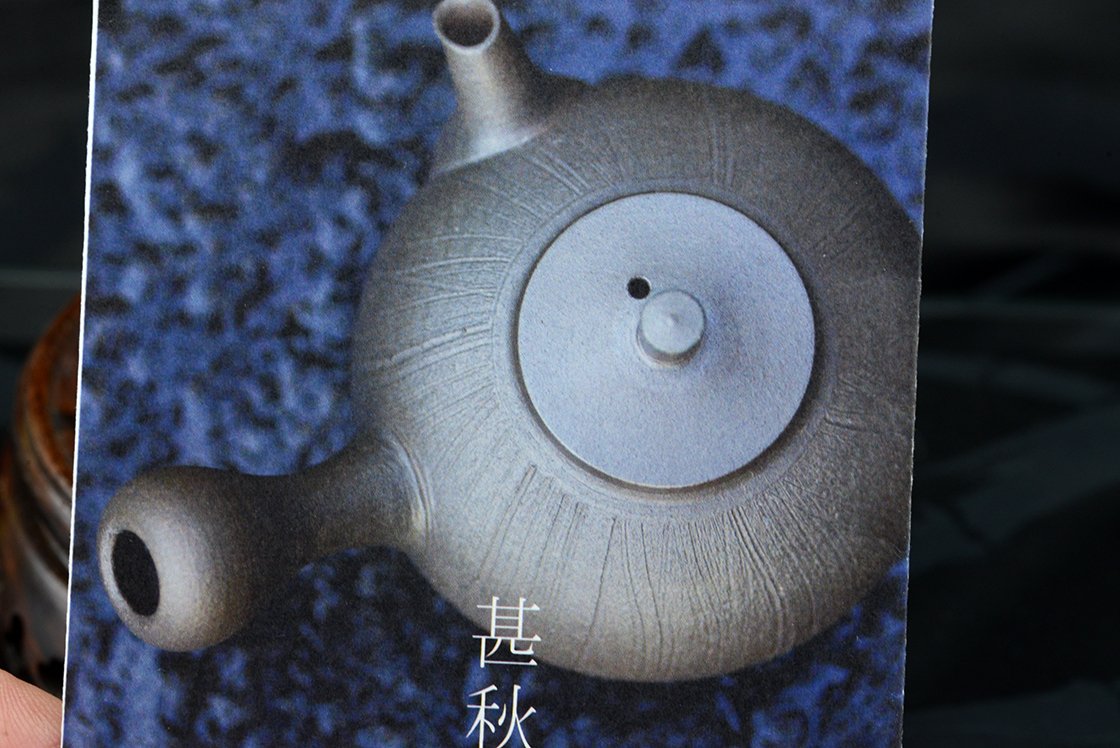



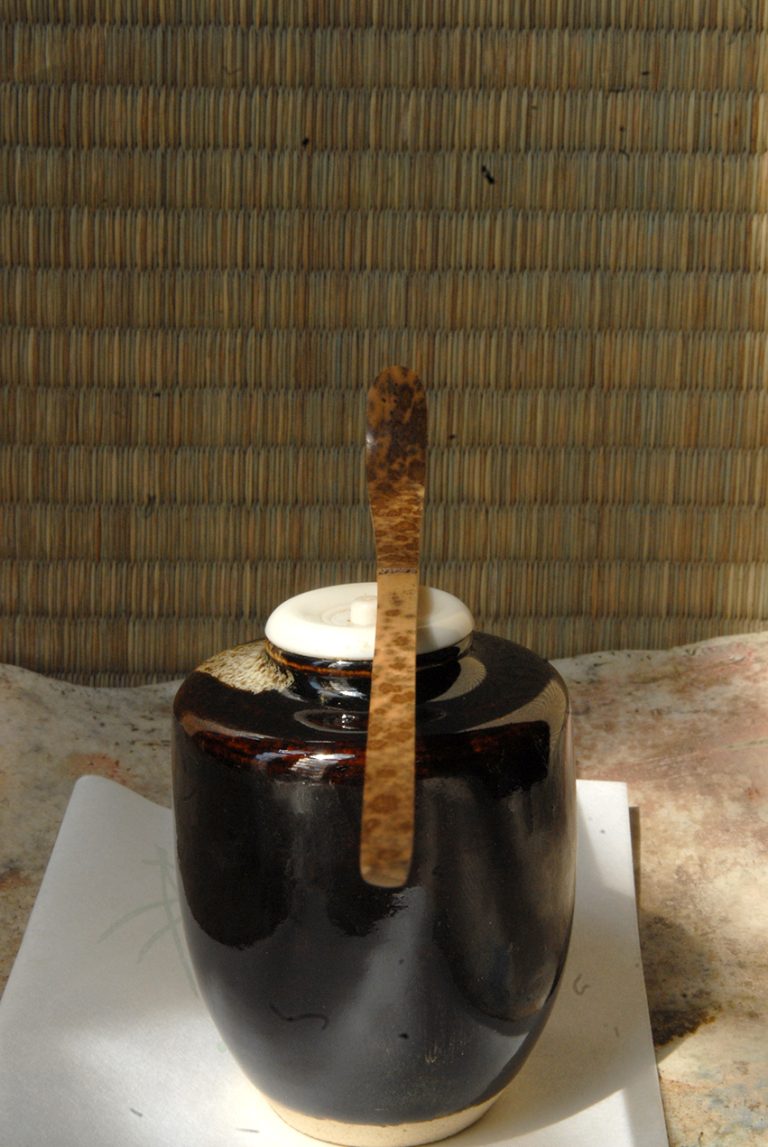
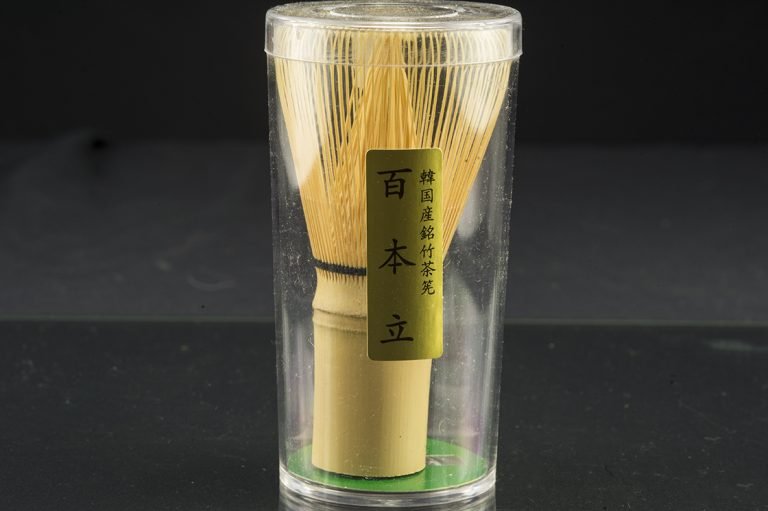

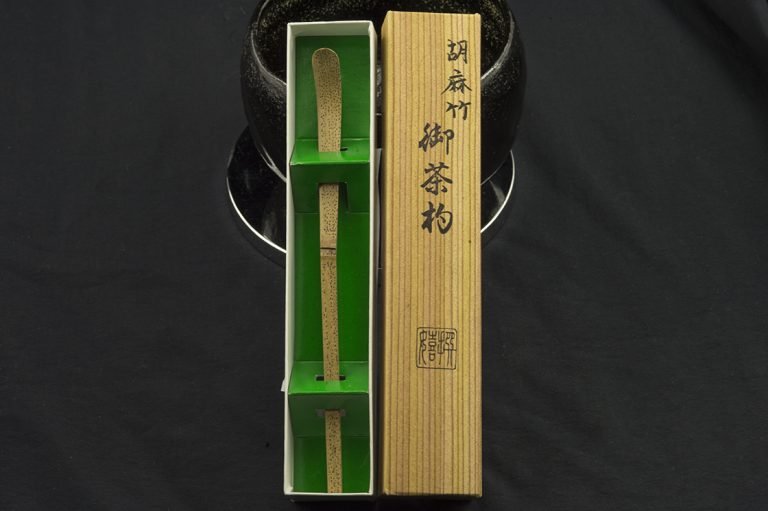



Értékelések
Még nincsenek értékelések.